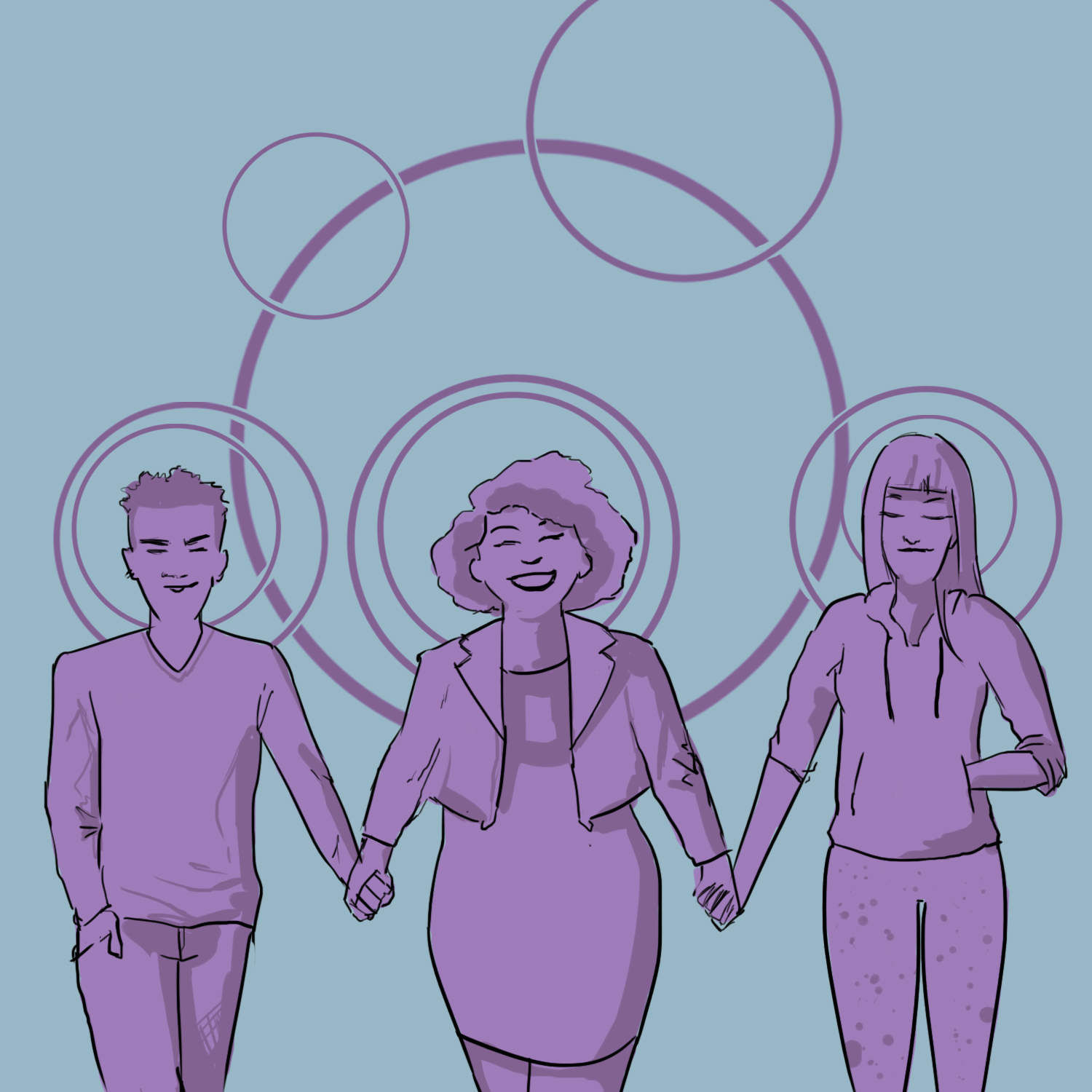A WLU professor’s open letter to parents

Combined efforts of faculty members and guardians stimulate engaging educational experience

We who are toiling in post-secondary education face growing numbers of university students and increased pressures, and we need parents’ help. Our responsibilities as professors continue to be as they have always been; delivering stimulating lectures, showing concern for the whole lives of our students and preparing careful, critical evaluations of students’ efforts.
Mothers and fathers of our students have responsibilities, as well. Your daughters and sons tell me you want them to have a “career” orientation to their educations. When they might prefer a broader, more liberal learning approach to their education, a wider selection of courses, etc., they have to deal with “pressures from my mom and dad to take courses, which may contribute to a career.”
Students say some parents have a narrow, utilitarian focus on market-related concerns, so dutiful students scramble to get jobs which they think, require only training not education. Some even confess some guilt because they so thoroughly enjoy courses outside their major.
Your sons and daughters question the use of a course in comparative religion, question the value of courses in fine arts, history of music, philosophy courses, among others. And if the dominant goal of education is vocational, such courses may well be outside theirs or your educational objectives. But you and I know an education is more than a constellation of career-oriented courses because life is certainly more than what one practices. Yes, we must earn a good living but, more importantly, we must also earn a good life.
And a genuinely liberal education is still the best foundation for any career calling.
If we hope to identify the central questions of life and how to respond thoughtfully to the challenges these questions present; if we hope to identify the best in literature, art, and music; if we hope to become active members of the human family with a sense of perspective that comes from a knowledge of the struggles of those who preceded us; if we want to avoid that insensitivity wherein we treat others as objects, then we must become friends of Socrates, Michelangelo, Vincent van Gogh, Virginia Woolf, Ludwig von Beethoven and Hannah Arendt. Such great lights cannot give our students — your sons and daughters — instant recipes for the “good life,” but the young can discover the common bonds to those noble souls who went before us, in their short and often painful walk across eternity.
In the liberal arts, we find help for forging ethical codes, for refining our sensitivity to and passion for social justice. The study of the most creative thought in human experience will help your sons and daughters develop qualities of mind and character that lead to a greatly enhanced life. Familiarity with great minds can free the spirits of your sons and daughters so they can search for new ideas, pointing to greater possibilities.
Of course, education can be complete in itself with a vocational goal, but it is a preparation for something much more difficult and more challenging than they have yet experienced — and that takes place before 9 a.m. in the morning and after 5 p.m. in the afternoon.
From my own perspective, after 54 joyous years teaching university students, I do have some advice that you might pass on to your own sons and daughters, so they may become “high involvement“ university students who seek challenges, who love to learn, who enjoy stimulating environments, who are reflective and see themselves in larger social contexts of human history.
We must encourage them to:
Take time to meet faculty members. The more involved (and hence more successful) students make an effort to meet and get to know at least one faculty member each term.
Study a foreign language. The involved students tell me that language courses are the “best kept secret on campus; hard work, but pure pleasure.” The study of language can combine all the elements leading to more learning and greater intellectual engagement.
Get involved in non-academic activities. What goes on outside the classroom is just as important as formal classroom experiences. Students who get involved in volunteer activities are not only better students, but are more engaged and committed students. Perhaps most important is encouraging your sons and daughters to take a rich mix of courses. Those students who are achievers, treat their early university years like a smorgasbord, taking art, music and philosophy courses and they report being more engaged and happier with their major area of concentration.
Together, parents and committed faculty members can envision a university experience that promotes the rich exchange of ideas and an appreciation of our common humanity. We can help students reclaim, from those earlier years, that revelation of wonders which now takes the form of a mature engagement of minds. Together we can do it.


